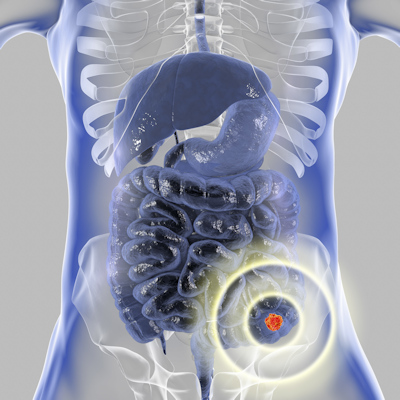August 22, 2022 -- Researchers, led by Massachusetts General Hospital (MGH), have found that inhibitors of an enzyme called Speckled Protein 140 (SP140) can reverse intestinal abnormalities in mice with inflammation characteristic of Crohn's disease.
Their research, published August 18 in the journal Cell, shows that mutations within SP140 are associated with an increased risk of Crohn's disease -- a type of inflammatory bowel disease -- and reveals that SP140 loss results in unleashed activity of a particular enzyme. The study also offers potential therapeutic targets by suggesting that certain anticancer drugs may also target a key player in Crohn's disease.
"Applying a combination of human genetics, proteomics, biochemistry, utilization of primary immune cells from Crohn's disease individuals, and in vivo animal studies, our study highlights the power of examining human disease-associated genetic mutations to advance mechanistic understanding of disease," Kate Jeffrey, PhD, a principal investigator of immunology at MGH and an associate professor of medicine at Harvard Medical School. "It revealed how dysregulation of epigenetic factors drive diseases such as Crohn's that are rising in incidence because of the complex interplay of genes plus environment."
Copyright © 2022 scienceboard.net









